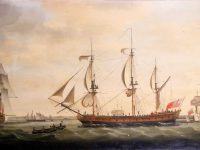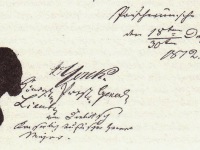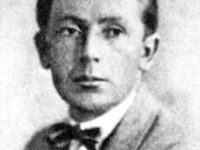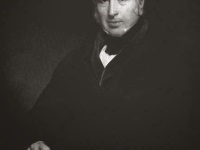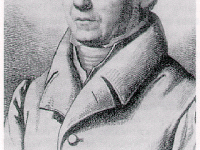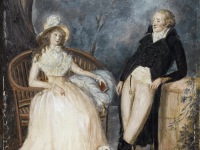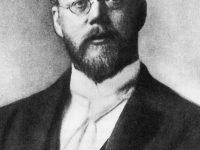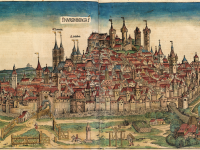The Rise and Fall of the British East India Company
On December 31, 1600, the British East India Company (EIC) received a Royal Charter from Queen Elizabeth making it the oldest among several similarly formed European East India Companies pursuing trade with the East Indies. “The East India Company established a monopoly over the production of opium, shortly after taking over Bengal.” – Robert Trout [11] The Foundation of the British East India Company Already 12 years before, the Spanish Armada was defeated…
Read more

